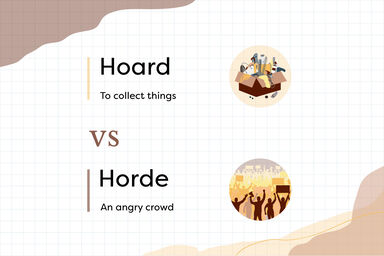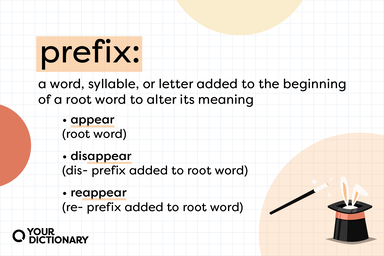He seems to have regarded them as a kind of garrison against feudal unruliness, while the rents they furnished increased his financial resources.
Below the king was a numerous and powerful class of nobles, the highest of whom (tlatoani) were great vassals owing little more than homage and tribute to their feudal lord, while the natural result of the unruliness of the noble class was that the king to keep them in check increased their numbers, brought them to the capital as councillors, and balanced their influence by military and household officers, and by a rich and powerful merchant class.
All the while that Fulk the Young and Geoffrey the Handsome were carrying on the work of extending the countship of Anjou, they did not neglect to strengthen their authority at home, to which the unruliness of the barons was a menace.
Forced by the unruliness of the magnates to lean upon the middle classes, the king summoned (1359) the first Swedish Riksdag, on which occasion representatives from the towns were invited to appear along with the nobles and clergy.





